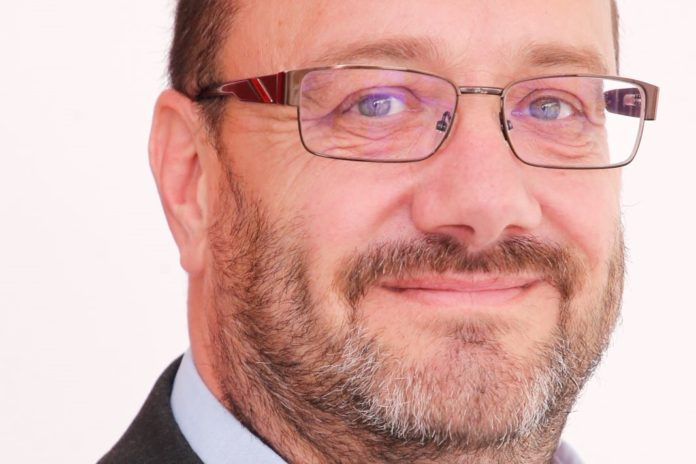
Mark Wilkins, head of training and external affairs at Vaillant Group, said the company has invested heavily in both hydrogen and heat pump appliances in preparation for national net zero requirements.
A latest announcement from government last week included giving a new target of reducing emissions by 68 per cent by 2030 up from 58%, demonstrated a commitment to the overall climate ambitions of net zero by 2050, he said.
Some of the details were set out in the 10-point plan for a “Green Industrial Revolution”.
Mark said: “As a manufacturer, taking on the challenge of decarbonisation of heat has formed an important part of our forward plans, so this aspiration is well received. We have invested heavily in developing both our heat pump solutions and our hydrogen boiler offering, all of which will allow us to offer an agnostic approach to decarbonising homes where the right system is fitted to suit the property. Heat pumps, hydrogen boilers and hybrid systems will all have their part to play here.
“The devil, as ever with any announcement, is in the detail. We expect this will follow as part of the Energy White Paper, Heat and Buildings Strategy and UK Hydrogen Strategy, unveiled in the early part of next year, and will give a clearer view of how we achieve these targets.
“Clarity on the timescales is perhaps the much needed first step. We have already seen dates dropped in and moved around, which, rather than galvanising the industry, throws in uncertainty.
“Support and investment in installers and infrastructure will also be crucial to ensure widescale uptake of low carbon technologies. The fact remains that to install the required 600,000 heat pumps, we will need heating installers to upskill. There are approximately 1,000 installers currently MCS accredited and installing heat pumps. To reach this milestone, around 25,000 installers will be needed. This is compared to the 130,000 Gas Registered engineers currently fitting natural gas and oil boilers.
“Incentives for installers, including financially, to get onboard will be key to success here. To diversify into heat pumps is beneficial when you look long-term, however, for many this will mean undertaking training and signing up to often expensive or onerous accreditation schemes.
“We already offer extensive training on designing and installing our heat-pump systems. We also work with industry bodies such as HHIC (Heating and Hotwater Industry Council), CIPHE (Chartered Institute of Heating and Plumbing Engineering) and HPA (Heat Pump Association) to help create and shape the necessary requirements and training to ensure that installers can obtain the knowledge and competencies needed to deliver quality installations. But that may not be enough to solve the shortage of installers. Extending the Green Homes Grant further, beyond 2022, in one form or another, could be an effective, workable option, as it would allow more installers to mobilise, train and gain confidence in recommending and fitting heat pump technology.”
